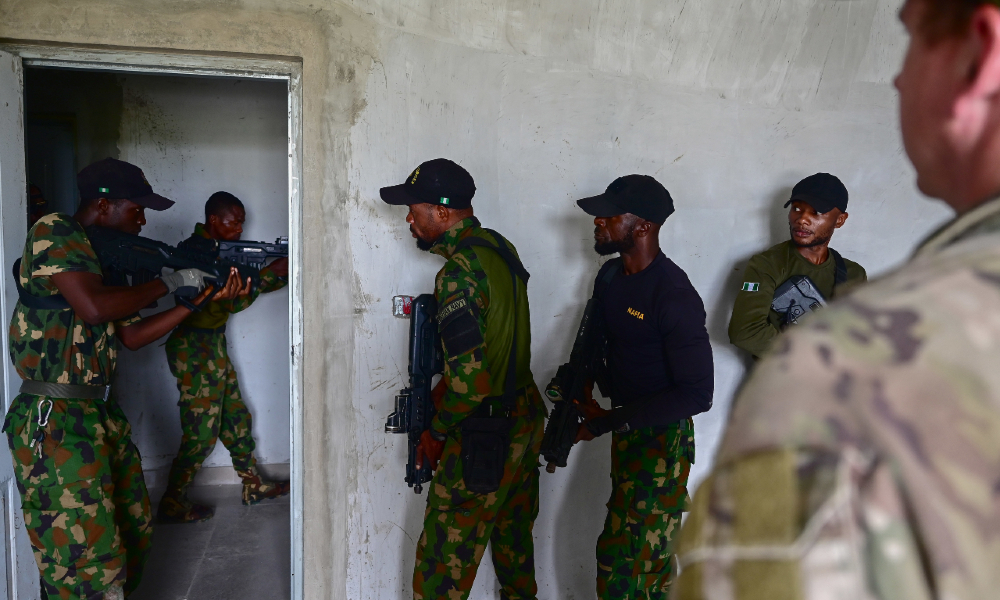Will the Supreme Court Take a GTMO Habeas Case This Term? And If So Will This Persuade Congress to Legislate?
For about a year and a half after the Supreme Court's 2008 ruling in Boumediene v. Bush, district judges were left to their own devices in grappling with the Guantanamo habeas litigation. Beginning in January this year, some of their resulting decisions began to percolate up to the D.C.
Published by The Lawfare Institute
in Cooperation With

For about a year and a half after the Supreme Court's 2008 ruling in Boumediene v. Bush, district judges were left to their own devices in grappling with the Guantanamo habeas litigation. Beginning in January this year, some of their resulting decisions began to percolate up to the D.C. Circuit Court of Appeals, and by summer's end we had some half-dozen Circuit opinions to consider. More district and circuit opinions are on the way, of course, but in the meantime the question arises whether the Supreme Court might take one of the existing 2010 Circuit decisions for review this term. In hopes that the answer will be yes, a GTMO detainee named Fawzi Khalid Abdullah Fahad Al Odah--who lost on the merits in his bid for habeas relief both at the district court (before Judge Kollar-Kotelly) and at the circuit (before Chief Judge Sentelle and Judges Rogers and Garland)--has just filed a cert. petition presenting two questions:
1. Whether the Federal Rules of Evidence and 28 U.S.C. 2246 limit the admissibility of hearsay in a habeas corpus case challenging indefinite imprisonment, potentially for life.One thing worth noting about the hearsay argument: it is not an argument about what the Constitution requires, but rather an argument about what the Federal Rules of Evidence and the federal habeas statute require. Thus Al Odah writes that "[e]ither Congress or this Court could change the Federal Rules of Evidence to accomodate the particular circumstances of a class of habeas cases such as Petitioner's." (pet. at 16) If the Supreme Court were to grant cert. on this question, it is not hard to imagine it having quite a galvanizing effect on Congress, generating interest in legislation in quarters that otherwise might have been prepared to live with the status quo. And of course that legislation would not likely be limited to the hearsay issue. Ironically, then, al Odah's petition if successful could ultimately result in the adoption of rules either entrenching the status quo or perhaps making it still-more strict. One wonders, too, if some Justices when considering whether to grant cert. might actually bank on such a legislative reaction.... In any event, Lyle Denniston of SCOTUSblog has more coverage here.
2. Whether a preponderance of the evidence standard, rather than a clear and convincing evidence standard, is sufficient under the Due Process Clause of the Constitution and 28 U.S.C. 2241 to support a ruling in favor of indefinite imprisonment, potentially for life.
Robert (Bobby) Chesney is the Dean of the University of Texas School of Law, where he also holds the James A. Baker III Chair in the Rule of Law and World Affairs at UT. He is known internationally for his scholarship relating both to cybersecurity and national security. He is a co-founder of Lawfare, the nation’s leading online source for analysis of national security legal issues, and he co-hosts the popular show The National Security Law Podcast.





